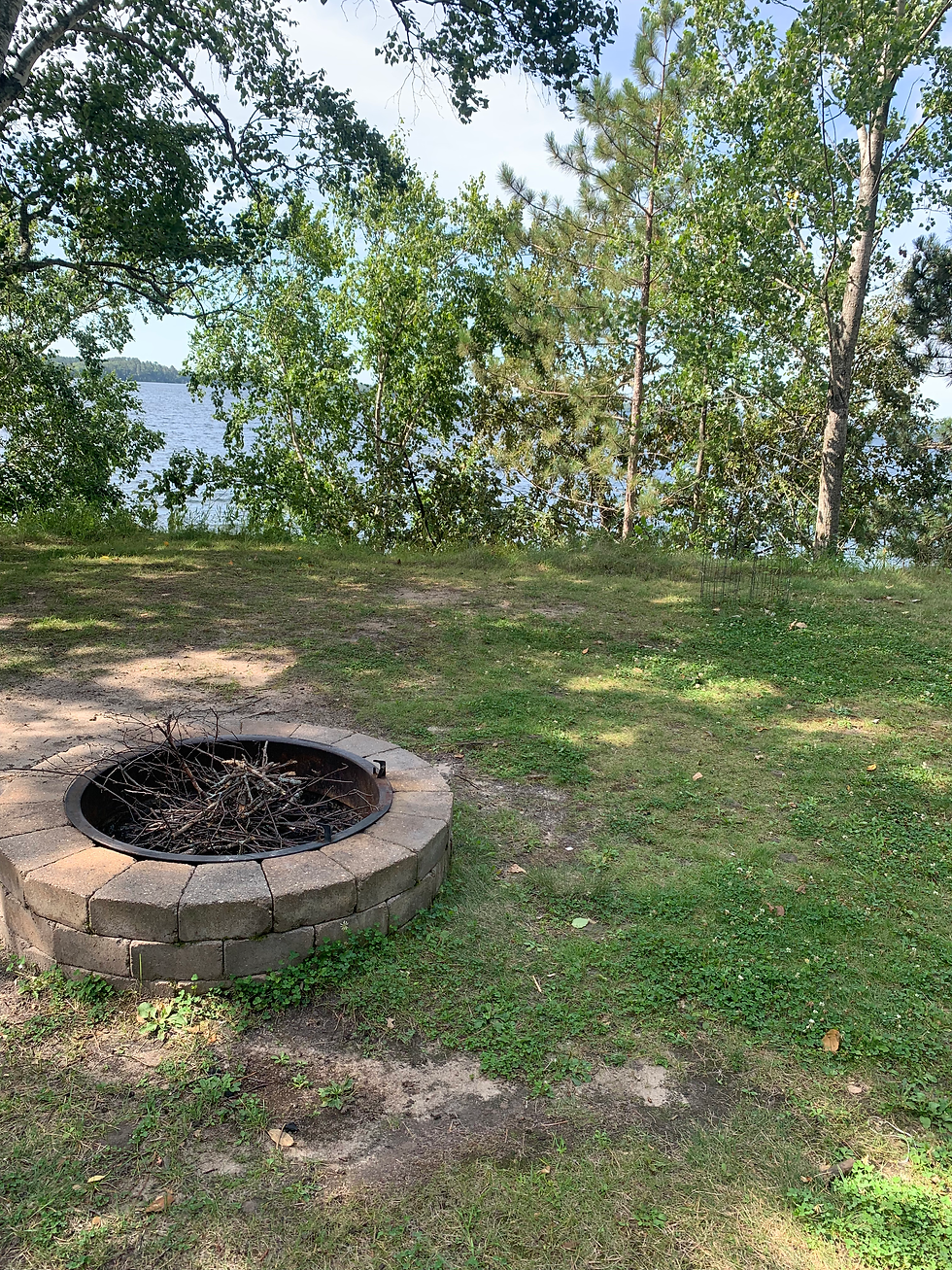Keep Roundup Out of the Water
- Jodi Eberhardt
- Jun 15, 2021
- 1 min read
As summer weed season gets started, please remember that Roundup uses an oil-based surfactant that is toxic to aquatic life. The Roundup label forbids its application directly to water surfaces or in areas where the product may drift or run off into aquatic ecosystems.
Also, according to the Wisconsin Department of Natural Resources, “Glyphosate is effective only on plants that grow above the water. It will not be effective on plants that are submerged or have most of their foliage under water, nor will it control regrowth from seed.”
Try these options instead:
For a small area, pull the weeds by hand or use a hoe to dislodge the roots, bake them in the sun and rake them up later.
Cover the area with black plastic and let the sun bake the weeds.
Mow the plants when they are in full bloom which takes away energy from the plant, allowing other preferred plants to take over.
Plant native or desired plants that will take over the area.
Spray weeds with vinegar.
Try Avenger, an organic weed killer made from orange extract.
If chemical treatment is needed, use Rodeo near the water. It is a water-based glyphosate product that is less harmful to aquatic life.
Is it really a weed? Beneficial plants are often confused for weeds when they are actually there to help restore soil or provide food and habitat for wildlife. To identify invasive plants, see the information from the DNR, DOT, or University of Minnesota Extension.




Comments